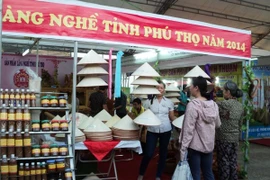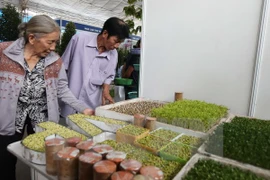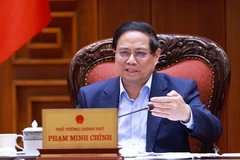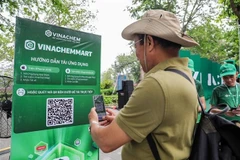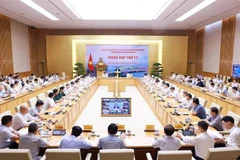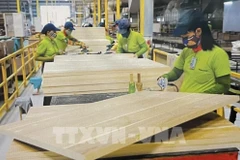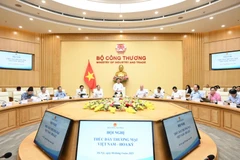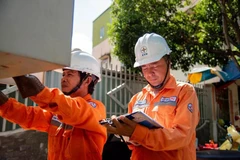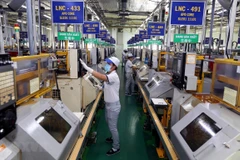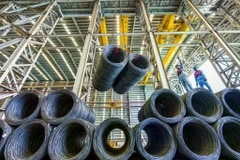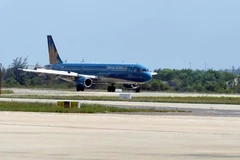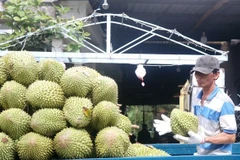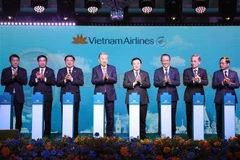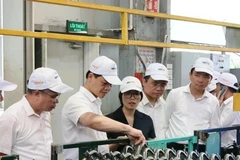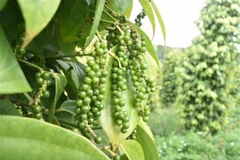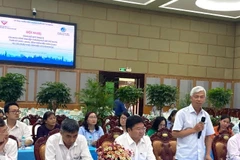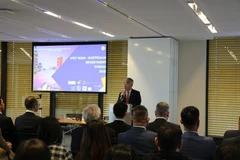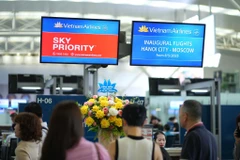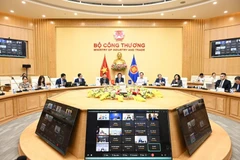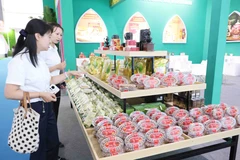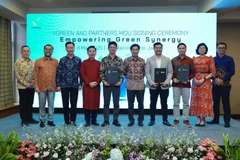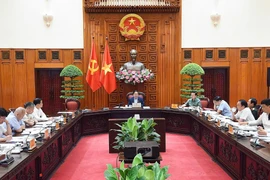Officials and economists see Vietnam's membership of the Trans-Pacific Partnership bringing more opportunities than challenges for the country's agriculture sector.
Speaking on the sidelines of a recent seminar on TPP and its impacts on the country's agriculture sector organised by the University of Economics and Law and Van Hien University, Deputy Minister of Agriculture and Rural Development Ha Cong Tuan said TPP would bring huge opportunities for Vietnam’s speedy development.
"It will present Vietnam the opportunity to assess the strength and weakness of its agricultural sector."
Other TPP members are likely to become huge consumers of Vietnam's agricultural products, which would help the country reduce its dependence on traditional markets, he said, referring especially to China.
In the first eight months of this year China bought 35 percent of Vietnam's total farm exports and sold over 53 percent of the agricultural inputs it imported.
With tariffs scrapped or reduced to very low levels under the trade deal, Vietnam is expected to steal a march on its non-TPP rivals in exporting seafood, furniture, rubber, pepper, cashew.
The trade deal would also help Vietnam attract more investment, including foreign, in its agricultural sector.
FDI in the sector has been worth 3.4 billion USD this year.
Vietnam is set to straddle the TPP rice market like a behemoth.
Nguyen DinhBich of the Ministry of Industry and Trade's Trade Researcher Institute said Vietnam accounts for 26.7 million tonnes of the 45.3 million tonnes of the grain produced annually by TPP members.
The trade deal is expected to provide Vietnam with an opportunity to restructure agriculture by boosting research, improving agricultural infrastructure, and developing production chains.
Now the country's agriculture is mostly small scale or household-based.
For instance, there are nearly 12 million farming households of whom 80 percent cultivate less than a hectare. Four million households rear pigs, but 77 percent have less than five; 7.9 million households raise chicken, 90 percent have less than 49.
Of 21 million agricultural workers, over 97 percent have got no training.
But Tuan said TPP membership is likely to usher in comprehensive changes, creating production chains with support from research organisations.
Enterprises would be partnered by new-style co-operatives that bring small farmers together under the large scale farms programme, he added.-VNA


